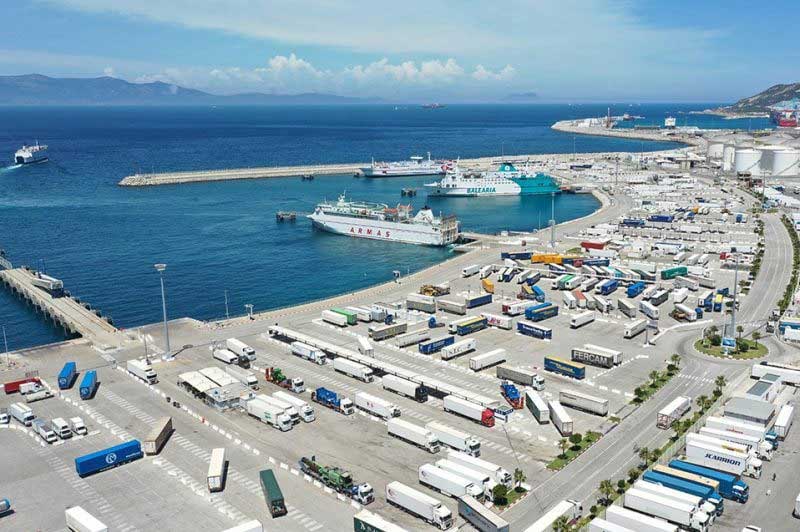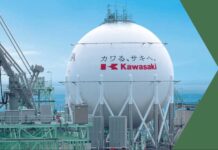The African Exponent, a portal specializing in economic analysis and rankings on the African continent, has published a list of ten African countries that have made significant progress in infrastructure development.
As reported by AZERTAC, the rating was topped by the Seychelles with a project completion rate of over 99 percent. The state is known for its tourism appeal and economy, which is primarily based on the fishing sector, supporting investments in maritime infrastructure and renewable energy.
Egypt took second place, followed by Libya. Despite the political turmoil it is experiencing, Libya has revived previous projects and launched new ones within the framework of international partnerships.
The list included five countries from the North African region: Morocco, Egypt, Algeria, Tunisia and Libya, indicating that urban planning and strategic international partnerships in these countries have led to significant infrastructure development.
The Kingdom of Morocco is among the most notable African countries that have benefited from partnerships with Asian powers such as China and South Korea to accelerate their infrastructure development. Meanwhile, major Moroccan projects have helped to cement the country’s position as a regional economic hub, particularly in maritime transport, railways and clean energy. The report highlights some of Morocco’s major projects, including the high-speed rail line between Tangier and Casablanca, the first of its kind on the continent and developed through an international partnership. The Tangier Med industrial port complex, one of the busiest and most advanced ports in the Mediterranean, was also highlighted, along with large renewable energy plants in Ouarzazate and other projects.
The review highlights that “geography plays an important role in infrastructure development, with most countries located on islands or along the Mediterranean coast seemingly enjoying a more favorable location, earning them a higher ranking on the list.
“Good infrastructure is a key component of any country’s progress. People often look at roads, electricity, airports and water networks to determine a country’s development. But infrastructure also reflects how a country manages its finances and resources, and how well it supports its citizens, notes African Exponent.









